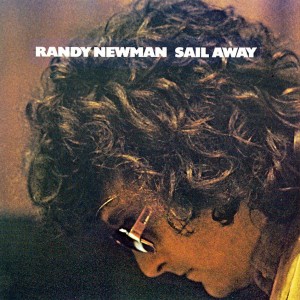Sound Bytes: ‘Sail Away’ by Randy Newman

Randy Newman’s musical stylings may be more renowned when paired with the popular “Toy Story” franchise, but his potential as a songwriter far exceeds the pop-friendly You’ve Got a Friend in Me. One may look no further than “Sail Away,” an album that, unfortunately, is as relevant today as it was in 1972. A masterpiece that transcends the medium, its vivid imagery, indelible wit and unfettered authenticity capture and juxtapose the ideals of American society with its own savagery.
The titular song, Sail Away, captures these elements and exposes the poisoned root of institutional subjugation, referencing a bygone era that many would prefer to believe has no direct correlation with the events of our modern society. In the song, Newman emulates a slave trader as he beckons listeners to board a ship and sail to America. His insistence employs a number of strategies, from the assurance that “you’ll just sing about Jesus and drink wine all day,” to the flagrantly bold claim that “every man is free to take care of his home and his family.”
This juxtaposition between the slaver’s words and the reality of the situation elucidate the hypocrisy of colonial America and also serve as a stark reminder of our past failings, the effects of which are still felt today.
The brass section is well-used here, while an exalting string arrangement parrots the claims of the vocalist, swelling to meet the demands of the proposed American dream for black Africa. “Sail Away” is a somber reflection of a time when American ideals were not upheld, and unquestionably, an acknowledgement of a phantom that lingers in our society.

